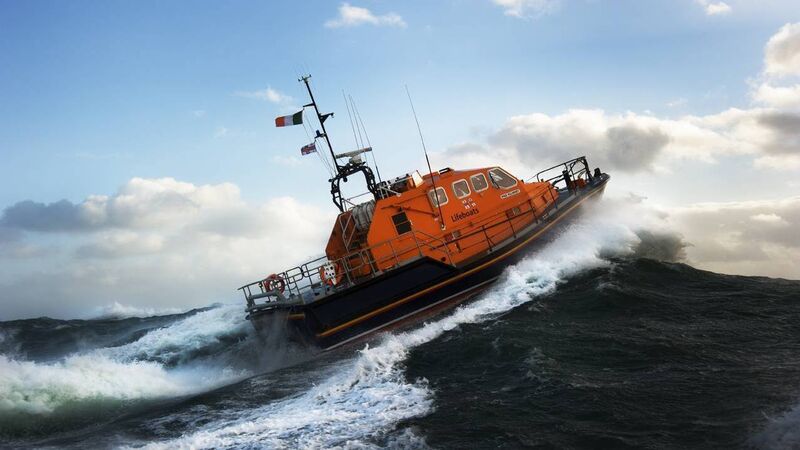Coast Guard and RNLI issue safety appeal to the public for Christmas and New Year

While there was a 20% increase in search and rescue callouts in 2021, the Coast Guard and RNLI have thanked the public for their cooperation as well as for adhering to severe weather warnings. Picture: RNLI/Nigel Millard
The Coast Guard and RNLI are appealing to the public to exercise caution ahead of any Christmas and New Year swims this year.
While many of these traditional events have been cancelled, the organisations are asking people to make sure they have made appropriate safety arrangements.










